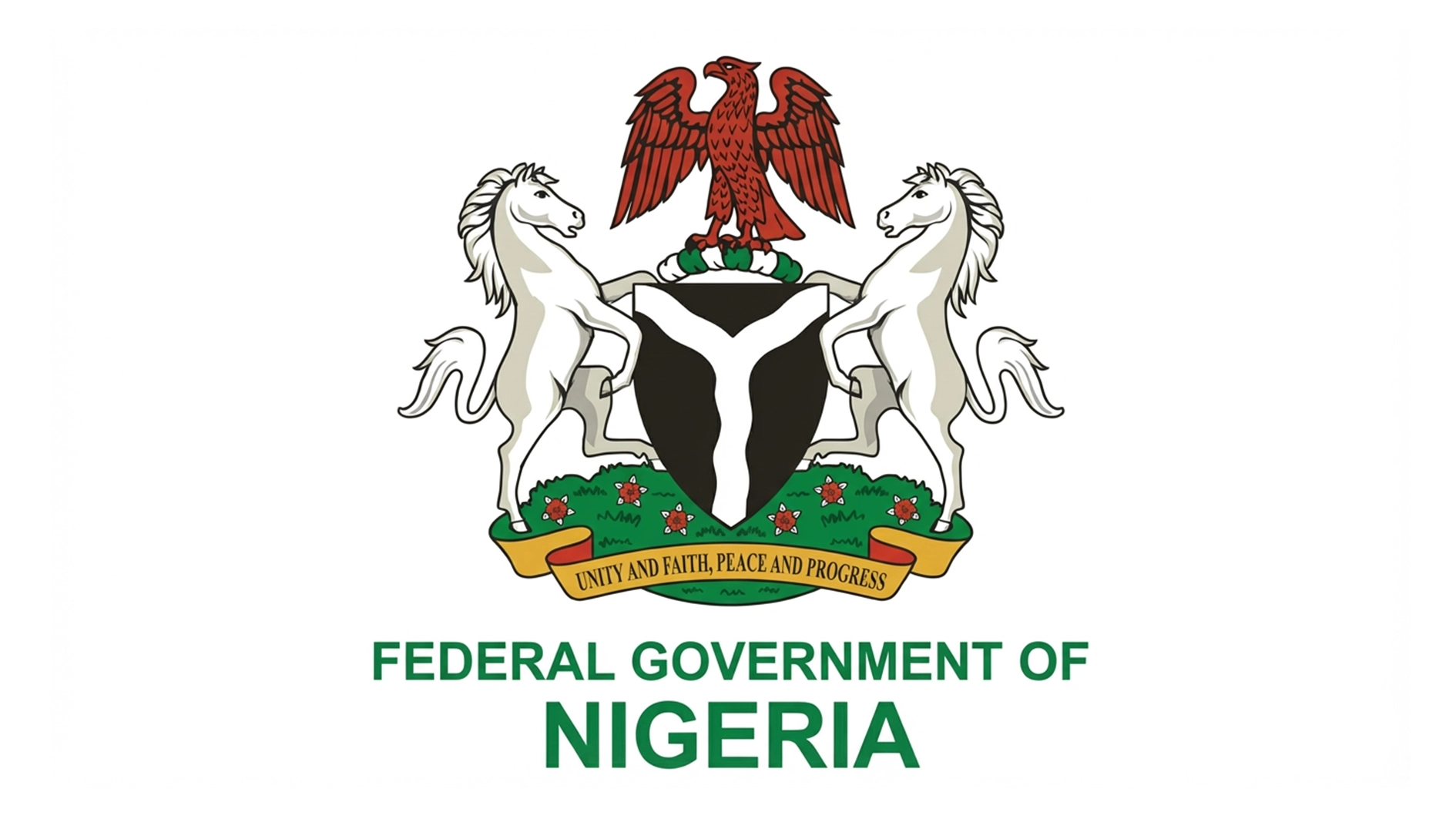Nigeria could unlock more than N1 trillion yearly from carbon markets if ongoing renewable-energy deployment is systematically measured, verified and monetised, Patrick Ogunnowo, a professor of practice and Chief Executive Officer of AUKTIE, said yesterday in Abuja.
Speaking at a climate-finance press, Ogunnowo argued that Nigeria is “standing at a defining moment in its energy transition”, with a realistic pathway to convert clean-energy projects into bankable carbon assets.
What the country lacks, he said, is not opportunity but structure, particularly the technical and institutional capability to measure and monetise carbon savings.
He explained that Nigeria is already transitioning, with more local technicians and installers being trained as households and businesses shift from diesel and petrol generators to solar and other renewable systems.
“We are not abandoning fossil fuels, but we must prepare for a future where clean energy becomes mainstream,” he said.
Ogunnowo disclosed that he has been part of the Federal Government’s efforts to develop a national framework for decarbonising infrastructure.
According to him, the National Council on Climate Change (NCCC) has received both a framework and a dedicated federal budget.
The missing link, he noted, is carbon-finance intelligence, stressing that while agencies are installing solar mini-grids and clean-energy systems, most are not capturing the carbon savings that can be traded internationally.
“When communities stop using diesel generators or firewood, those avoided emissions can be quantified and sold,” he said.
Using REA as an example, Ogunnowo highlighted the scale of the opportunity. Backed by roughly $2.5 billion, largely from the World Bank, REA’s projects have already avoided about 1.5 million tonnes of CO₂ emissions.
“We can turn that into money. At a minimum of $4 per carbon credit, this is significant revenue from only one programme and REA has not even covered all states,” Ogunnowo said.
He argued that with expansion across sectors, Nigeria could generate up to N1 trillion annually from carbon credits, potentially surpassing current oil-sector earnings.
According to him, AUKTIE’s work is built on linking renewable deployment with monetisation by helping organisations deploying solar, mini-grids or efficiency upgrades to measure their carbon value.
The company, he said, also advises federal and state agencies on compliance systems, while helping developers access finance and mobilising climate-investment partnerships.
He said REA’s strong institutional framework explains why it accessed large-scale funding, unlike other agencies that still operate in silos.
Ogunnowo noted that data remains another key challenge as carbon markets depend on accurate emission baselines, monitoring and verification.
Ogunnowo pointed out that major global companies, including Microsoft and Shell, are among the world’s largest buyers of carbon credits.
Demand is strong, he said, and Nigeria must position itself immediately.






